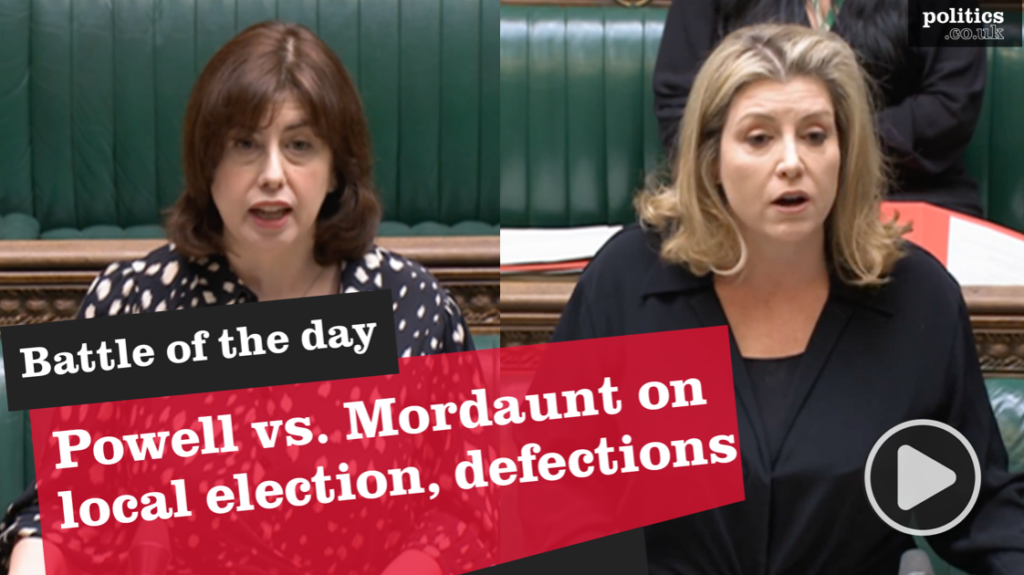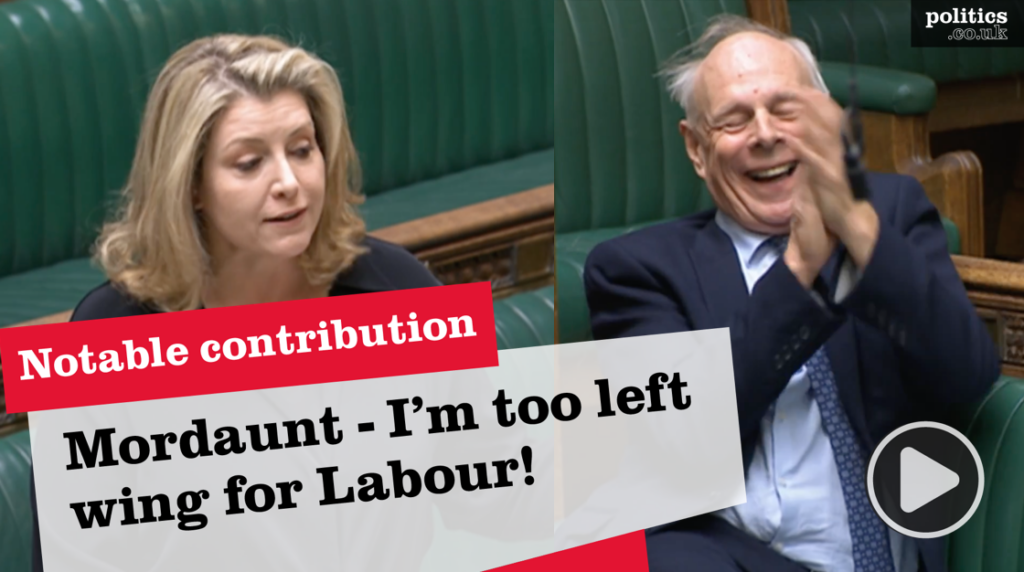Taxpayers ‘must cover Chunnel shortfall’
The Channel Tunnel rail link could cost taxpayers more than originally forecast, according to the National Audit Office (NAO).
The government’s spending watchdog finds that the first two sections of the high-speed link from the coast to London have been completed largely on time and to cost.
But the NAO warns that initial passenger revenues on London to Kent link may have been “too optimistic” and that ultimately taxpayers will have to make up the difference.
It estimates an extra £260 million will be needed to make up this shortfall, in addition to the £2 billion grant already paid.


The Folkestone to north Kent section of the £5 billion project is already complete, while the second phase, from north Kent to St Pancras station, is due to be finished by 2007.
However, it warns revenues since 2001 on the rail link, which will play a crucial role in transporting Olympic 2012 spectators to the Games’ village from central London, have been “below even the lowest forecast”.
As a result, the monetary value of the benefits of the scheme, excluding regeneration and domestic transport benefits, “is less than half the expected costs”.
Auditor general Sir John Bourn said: “The CTRL is a major infrastructure project and that section one and so far section two are largely on time and to cost is impressive.
“But uncertainties remain. A shortfall in passenger revenues below current expectations will increase the amount of taxpayer support needed. The Department of Transport must continue to monitor the exposure of the taxpayer and act to minimise the risk”.
The project, started in February 1996, was originally intended to be funded entirely privately, but the government had to step in to underwrite it in 1998.
Deputy prime minister John Prescott decided that while the government would not give any further grants to the project, it would guarantee most of the private sector funding and lend public money to London & Continental Railways if it ran out of cash.












